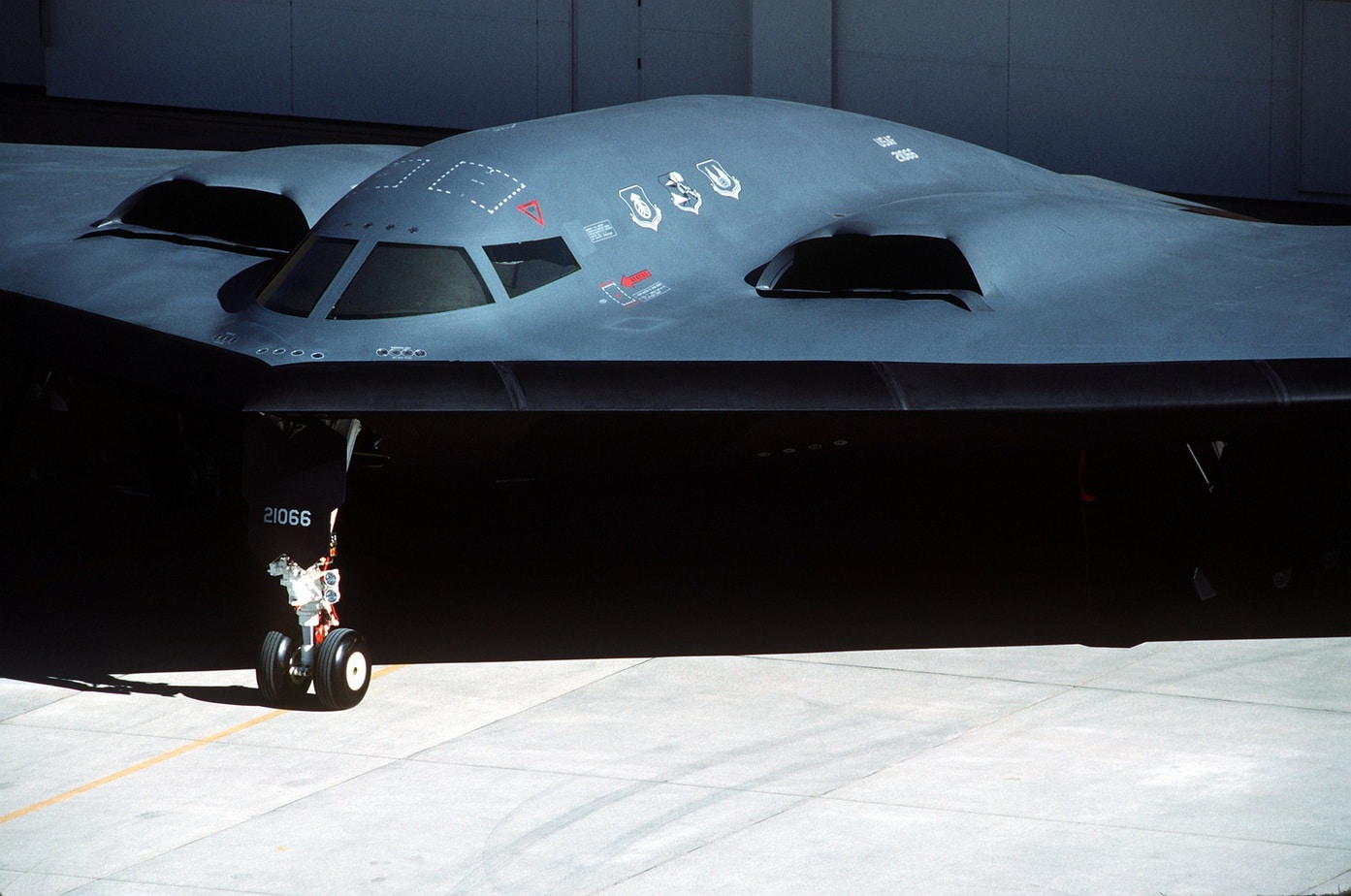Throughout history, wars have often begun over territorial disputes, access to resources, and simply because of a government’s desire to increase its influence and power. Ideological differences are another reason, and sometimes wars have begun over rather mundane issues. Just over a century ago, the First World War began after the heir to the Austro-Hungarian throne was assassinated by a Serbian nationalist. It is entirely unlikely the young assassin, Gavrilo Princip, believed it would result in a war that would claim the lives of tens of millions, but all it took was the right catalyst to ignite a major conflict.
Today there is another threat beyond territory or resources – it exists in cyberspace, and an attack in the digital realm could quickly spread to the physical world. On Tuesday, President Joe Biden told U.S. intelligence officials that a cyber attack could even lead to a “shooting war” with a major global power.
“I think it’s more likely we’re going to end up—if we end up in a war, a real shooting war, with a major power—it’s going to be as a consequence of a cyber breach of great consequence,” Biden said during a visit to the Office of the Director of National Intelligence (ODNI), according to the official White House release of the conversation.
The president made his comments following this month’s REvil ransomware attack on the managed service provider (MSP) customer of U.S. software vendor Kaseya. That attack impacted some 609 MSPs and some 1,500 of their customers. It was also in May, that Albuquerque, New Mexico-based Sol Oriens LLC was targeted by cyber criminals. What made that breach especially troubling was that the company is a U.S. nuclear weapons contractor, which aids the Department of Defense (DoD) and Department of Energy (DoE) in various “complex programs.”
The threat from a cyber attack is even seen by some experts equal to that of a nuclear attack.
Damage and Disruption
In his meeting with ODNI officials, Biden added, “We’ve seen how cyberthreats including ransomware attacks increasingly are able to cause damage and disruption in the real world.”
President Biden isn’t alone in expressing concern that a cyber attack could escalate.
“I think what it means is he understands that a cyber attack can be easily as destructive if not more so than a dropping of a missile or a bomb and that… it could be a very serious breach of international law and the law of war, depending upon the nature of the attack,” Sen. Angus King (I-Maine), a co-chair of the congressionally mandated Cyberspace Solarium Commission, told The Daily Beast. “I don’t think there’s any question that if there is a future shooting war it will start with cyber. That will be not necessarily the triggering event, but it will be what the adversary does to initially try to blind… us or whoever the war is between. That’ll be the first step of any shooting war in the future will be cyber.”
New Threat Vector
As cyber-attacks continue – and the online domain is used to conduct actions against potential adversaries – cyberspace could be a new threat vector.
How great the threat remains the question?
“Only a country’s leaders can speak to what would make them escalate from digital to kinetic action, and honestly, we have not seen anyone paint a bright line between the two,” said Jim Purtilo, associate professor of computer science at the University of Maryland.
“Narrowly, a cyber attack is just diddling bits in a computer,” Purtilo told The National Interest. “That’s disruptive, to be sure, but I doubt hacking Putin’s Tinder account would be a rational basis to start a shooting war. The grey area is where that cyber attack places people in real jeopardy. Diddling some bits can take down a power grid, block a supply chain of food or deny access to emergency services. Those actions inflict harm that can’t be walked back.”
The issue becomes greater if it results in serious damage or loss of life.
“How a leader would redress that harm is a political question which might involve force,” added Purtilo. “After all, as is said, ‘war is the continuation of politics by other means,’ so at some point the rational response to that cyber attack might indeed be use of force, though I’d surely like if the administration would show stronger leadership to deter aggression in the first place.”
Peter Suciu is a Michigan-based writer who has contributed to more than four dozen magazines, newspapers and websites. He regularly writes about military small arms, and is the author of several books on military headgear including A Gallery of Military Headdress, which is available on Amazon.com.

